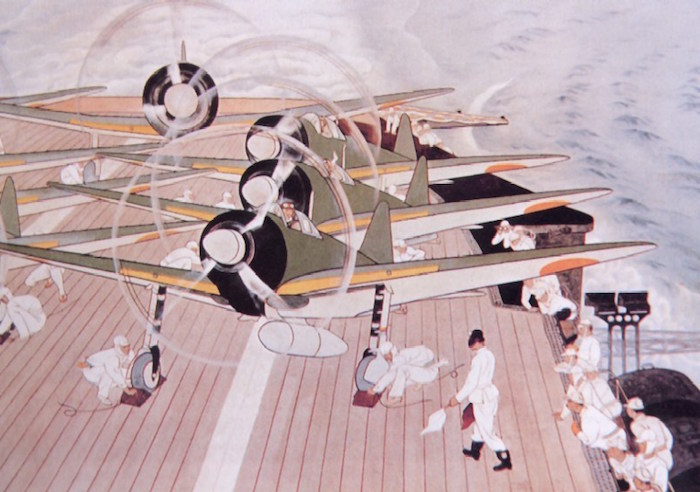Statistically, this was probably bound to happen eventually...
Jeremy Black. Air Power: A Global History. Lanham: Rowman & Littlefield, 2016. The indefatigable Jeremy Black has produced a small but useful library of short, accessible surveys of sometimes neglected areas of military history. On my own shelves I already have Avoiding Armageddon (2012) on the interwar period, and The Cold War (2015), and now they are joined by this volume on a topic even closer to my heart. All the things you'd expect in such a survey are pretty much here, and he does attempt to look at airpower around the world. Inevitably it's still mostly a Western view. Still, there are a couple of pages on the Iran-Iraq war, for example, a bit over a page on China in the 1930s; but only a couple of sentences on the Chaco War (but what are ya gonna do).
Jeremy Black. Other Pasts, Different Presents, Alternative Futures. Bloomington: Indiana University Press, 2015. The indefatigable Jeremy Black has also produced a small but useful library of short, accessible historiographical works. I've got Rethinking Military History (2004) and I did have the previous edition of this book, What If? (2008) -- I'm not sure how they differ, precisely, but the new version is about 20 pages longer and the chapter on counterfactualism in military history, at least, seems to have been largely rewritten. Black thinks that counterfactuals do have value for historians, so it's a good addition to the pile.

